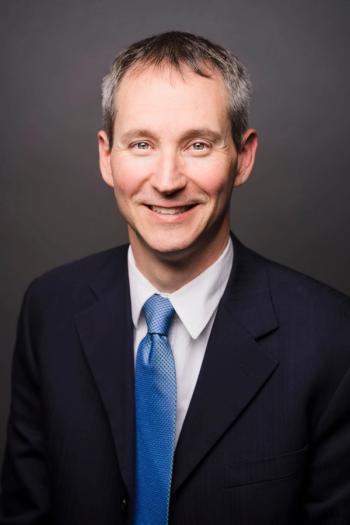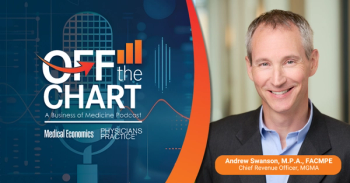
MMS Workforce Study Highlights Primary Care Physician Shortages
Yet another study reveals a shortage in primary care physicians. Specialties in short supply include urology, dermatology, psychiatry, and neurosurgery.
Yet another study - this one of 1,071 physicians - reveals there is a shortage of primary care doctors. But that’s not the only discipline of medicine that falls short.
The2011 Physician Workforce Study, released last week by the Massachusetts Medical Society, confirmed the difficulty in recruiting and retaining physicians. Additionally, the fear of being sued has a pervasive, negative influence on the practice of medicine by causing physicians to alter or limit their practice.
Primary care specialties of internal medicine and family medicine have been experiencing a shortage for six years straight, the study showed. Among the six non-primary care specialties in short supply, four are under particular labor market stress: urology, dermatology, psychiatry, and neurosurgery.
It’s no secret primary care physicians
Our 2010 Physician Compensation Survey of 949 physicians supports this: 65 percent of solo providers, 43 percent of providers in groups of two to nine, 64 percent in groups of 10 to 20, and 40 percent in groups of more than 20 described their compensation was disappointing.
Lynda M. Young, M.D., president of the Massachusetts Medical Society, said the 2011 report shows some new important findings as well as persistent concerns from prior years.
“We still see severe shortages in primary care and certain specialties, difficult recruitment, a fear of litigation that affects access and availability, and dissatisfaction with a practice environment that continues to deteriorate,” said Dr. Young. “The good news is that physicians, policymakers, and health officials are working to address critical concerns.”
Dr. Young said the findings underscore the need for the state to move carefully towards an integrated care system.
“While the Medical Society believes a shift to global payments and ACOs may help in cost control,” she said “a one-size payment model does not fit all physician practices. Any shift to a new payment system must be made deliberately and carefully, to adjust for risk, be fully transparent, include proper quality measurements and data, provide sufficient resources for proper patient care, meet patient expectations, and avoid unintended consequences.”
Newsletter
Optimize your practice with the Physicians Practice newsletter, offering management pearls, leadership tips, and business strategies tailored for practice administrators and physicians of any specialty.









